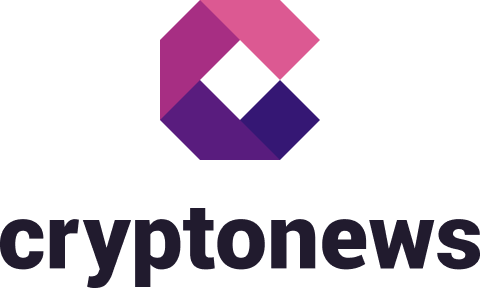Luxembourg issues its first digital treasury notes
Luxembourg has issued €50 million in digital Treasury notes using HSBC’s Orion distributed ledger technology (DLT) platform, marking its position as the second European nation to embrace this innovative approach for state debt, following Slovenia. The notes, which were sold at a discount and will be redeemable at par in six months, will be listed on the Luxembourg Stock Exchange.
Key Features of the Digital Treasury Notes
This issuance highlights a significant shift towards digitally native assets, meaning the notes exist solely on the blockchain, unlike “tokenized” bonds which are digital representations of existing securities. This distinction is crucial for understanding the unique benefits of DLT in finance.
The primary advantages of this digital issuance include:
- Faster issuance: Streamlining the process of bringing financial instruments to market.
- Increased efficiencies and potential cost reduction: Automating processes and reducing intermediaries.
- Enhanced transparency: Providing a clear and immutable record of transactions.
The Ministry of Finance reported substantial investor interest, viewing this as a valuable learning experience. HSBC Continental Europe and BGL BNP Paribas served as the lead managers for the issuance.
Gilles Roth, Luxembourg’s Minister of Finance, emphasized the country’s commitment to technological leadership in financial infrastructure, stating, “The issuance of digital cash certificates (CTD) underlines our commitment to remain at the forefront of technology in terms of financial infrastructure. It illustrates the innovative strength of our financial center. This issuance shows the effectiveness of our blockchain laws, which guarantee the traceability and verifiability of transactions and provide greater confidence and security for investors.”
Luxembourg’s Pioneering Role in DLT Legislation
Luxembourg’s selection as a hub for HSBC’s Orion platform is strategically significant, given the country’s proactive and advanced legal framework for DLT. Many digital bonds and a majority of European digital and tokenized funds already operate under Luxembourg law. HSBC, notably, has also facilitated two European Investment Bank bond issuances under Luxembourg law.
Luxembourg has been at the forefront of DLT legal innovation, with its first blockchain law enacted in 2019, followed by several amendments. A key development was the introduction of a central account keeper concept, replacing the traditional central securities depository (CSD) model, with custodians acting as account keepers. HSBC was the first entity approved as a central account keeper in Luxembourg and fulfilled this role for the recent Treasury note issuance.
The country’s regulatory evolution continues to adapt beyond conventional custody models. In December 2024, Blockchain Law 4 was passed, introducing the concept of a single control agent. This law is particularly innovative as it caters to scenarios like public blockchain issuance, where investors might prefer to hold digital securities directly in their wallets. This agent is responsible for maintaining the issuance account, tracking the chain of title for securities, and reconciling issued securities, borrowing concepts from Germany’s eWpG law.
These progressive legal developments position Luxembourg as a leading jurisdiction for future European digital issuances.







































